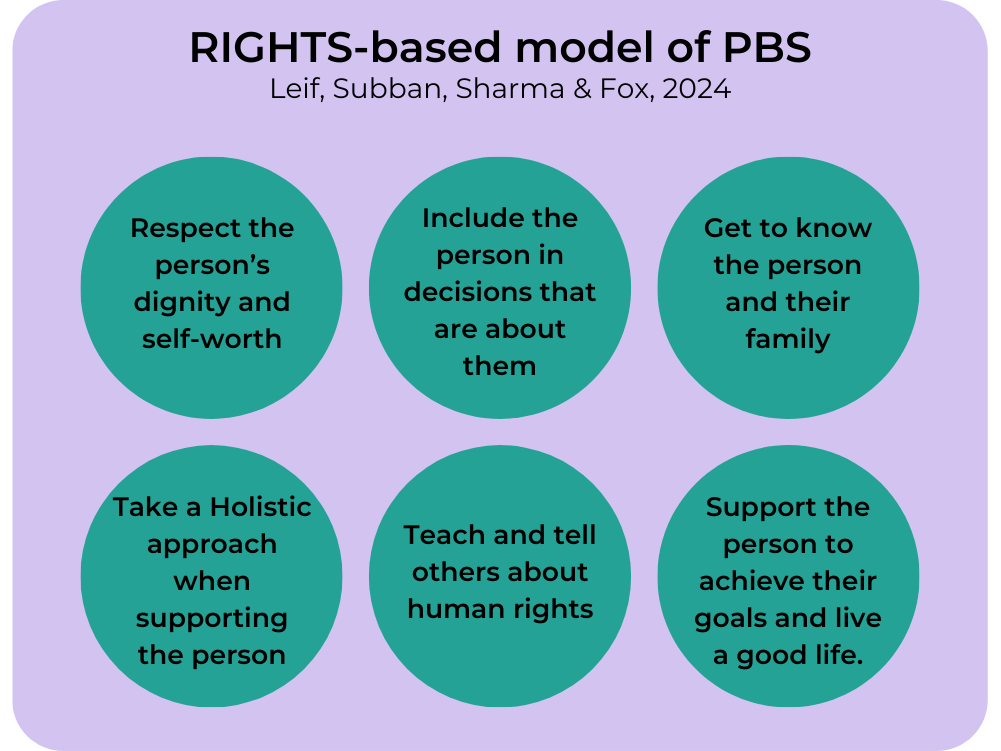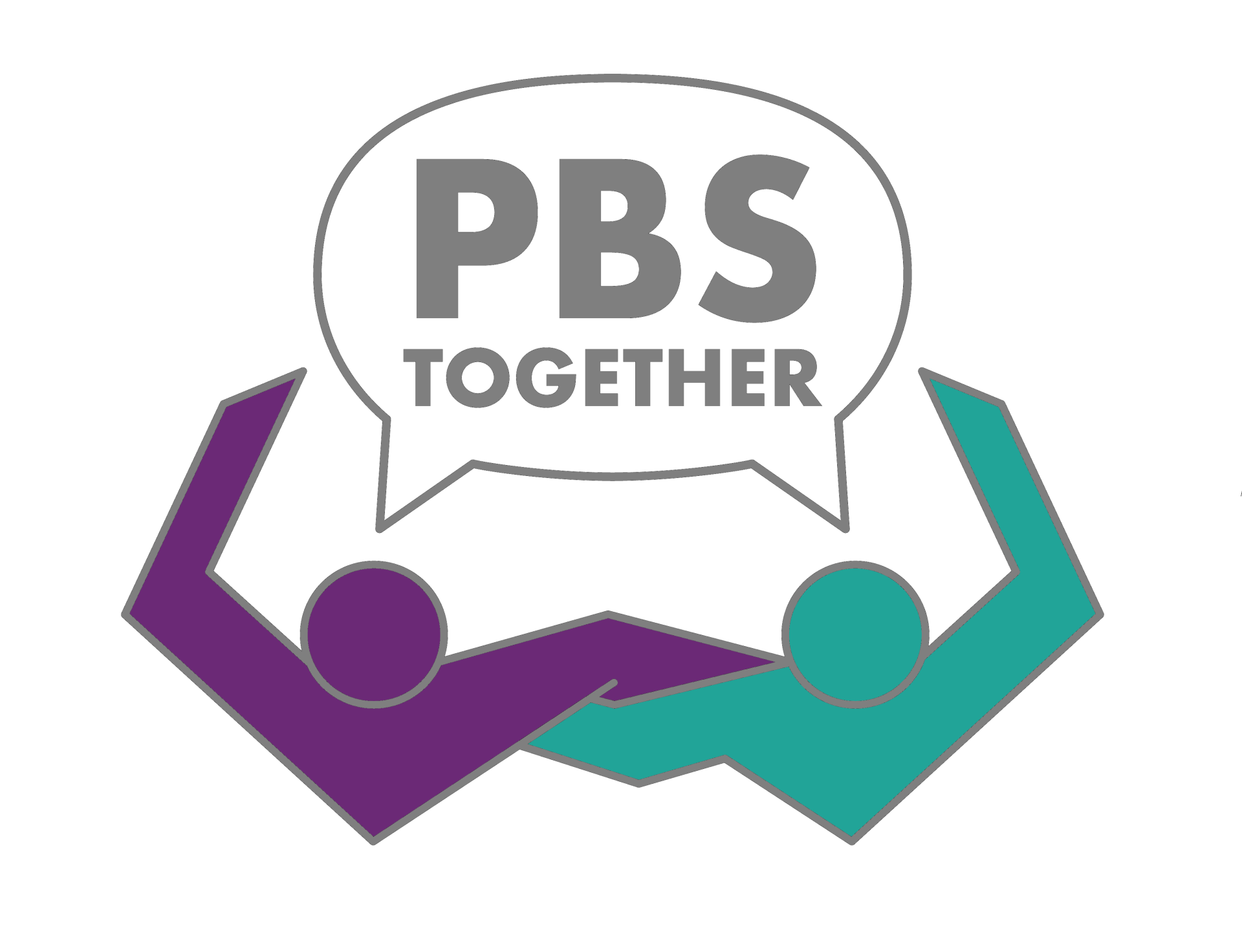Jul 11
/
Helder Gusso
Changing Behaviour or Protecting and Upholding Rights: What Guides the Work of Positive Behaviour Support Practitioners?
“I Look at Their Rights First”: Strategies Used by Australian Behaviour Support Practitioners to Protect and Uphold the Rights of People with Disabilities
(Article Review)
This year, the journal Advances in Neurodevelopmental Disorders published the article “I Look at Their Rights First”: Strategies Used by Australian Behaviour Support Practitioners to Protect and Uphold the Rights of People with Disabilities", written by Erin S. Leif, Pearl Subban, Umesh Sharma, and Russell Fox. The article presents strategies employed by 98 behaviour support practitioners in Australia to protect and uphold the rights of people with disabilities.
Key Strategies Identified:
-
Person-centred Approach: Actively including people with disabilities in support planning is essential for improving their quality of life and ensuring their choices and control are respected.
-
Facilitating Two-Way Communication: Open communication, adapted to the needs of understanding of the person with a disability, is fundamental for building trust and effectiveness in support.
-
Using Personalised Behaviour Support Strategies: Creating individualised support plans based on the functional analysis of behaviours promotes the use of less restrictive and more respectful practices.
-
Establishing Organisational Policies and Procedures that Protect and Uphold Rights: Developing organisational policies that protect the rights of people with disabilities is vital. Organisations should provide accessible systems for complaints and feedback.
-
Educating Others About Rights of PWD: Educating people with disabilities, their families, and other professionals about human rights strengthens the practice of behaviour support and promotes a culture of respect and inclusion.
-
Taking a Holistic Approach: Focusing on improving quality of life in multiple areas, such as health, education, and relationships, rather than just reducing challenging behaviours.
Based on these findings, the authors proposed six basic orientations for PBS practitioners:

An important contribution of the article can be seen in Table 3, which presents a relationship between each orientation and the United Nations Convention on the Rights of Persons With Disabilities, along with a list of practical actions that can be adopted by behaviour support practitioners. (click here to see)
Behaviour support practitioners have the responsibility to protect and uphold the rights of the people they serve. The ultimate goal of their work is not merely behaviour change but the protection of participants' rights. Adopting these orientations demonstrates a commitment to social justice and inclusion, aligning professional practice with the principles of the United Nations Convention on the Rights of Persons with Disabilities. This approach not only strengthens professional practice but also contributes to the building of a more just and equitable society.
This article is well worth reading.
Empty space, drag to resize
Write your awesome label here.
Join our newsletter.
Receive updates on new courses, webinars, and useful resources for working with positive behaviour support.
Thank you!
Empty space, drag to resize
News
-
Blog
-
Videos
-
Socials
Empty space, drag to resize
Write your awesome label here.
We are an authorised continuing education provider by the BACB to offer Learning Continuing Education (CE) to BCBAs or ABAA PDUs.
Write your awesome label here.
We acknowledge the Traditional Owners of the land on which we live and work. We pay our respects to their Elders past, present, and emerging, and recognise their ongoing connection to land, waters, and culture. We are committed to the path of reconciliation and building a just and inclusive society for all.
Empty space, drag to resize
Copyright © 2024
SOLD OUT
Enter your details on our waitlist and we will inform you when the next workshop is available - Click Next
